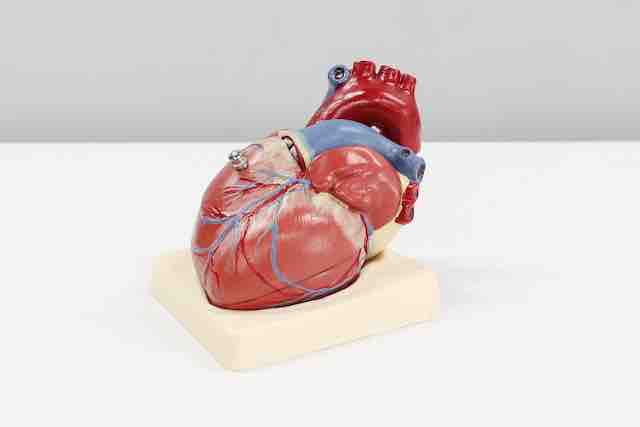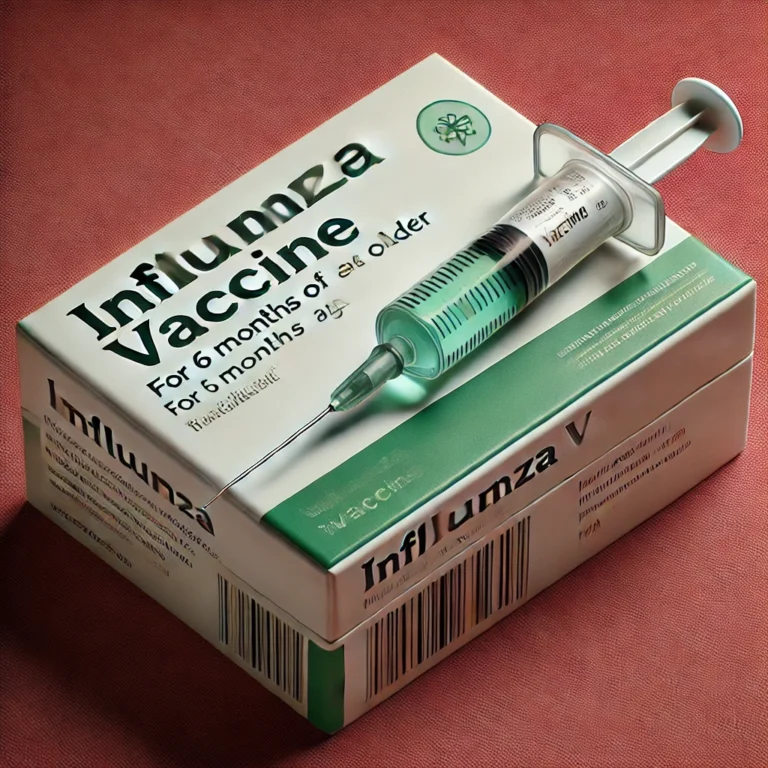As the COVID-19 pandemic continues to affect our daily lives, vaccination remains a crucial tool in combating the virus. Among the various vaccine types available, the Pfizer-BioNTech and Moderna mRNA vaccines have gained widespread attention. While these vaccines have proven to be highly effective in providing protection against COVID-19, recent reports suggest a potential link between mRNA vaccines and heart inflammation. In this article, we’ll explore the connection, focusing on the possible causes, symptoms, and long-term implications.
What is Heart Inflammation?
Heart inflammation, specifically myocarditis, is a condition characterized by inflammation of the heart muscle. Myocarditis can be caused by various factors, including viral infections, autoimmune diseases, and certain medications. Symptoms of myocarditis may include chest pain, shortness of breath, fatigue, and rapid or irregular heartbeats.
The mRNA Vaccines and Heart Inflammation Connection
The Centers for Disease Control and Prevention (CDC) and the Food and Drug Administration (FDA) have been monitoring reports of myocarditis occurring after mRNA COVID-19 vaccinations, particularly among younger individuals. Although the number of cases remains low compared to the overall number of people vaccinated, it’s essential to understand this potential side effect and its implications.
Current Research and Findings
Several studies have been conducted to investigate the possible link between mRNA vaccines and heart inflammation. A study published in the New England Journal of Medicine found a higher-than-expected number of myocarditis cases among male patients aged 16-30 years within a week after receiving their second dose of an mRNA vaccine. However, it’s important to note that the overall risk remains low.
Another study published in the Journal of the American Medical Association (JAMA) reported similar findings, highlighting a potential association between mRNA vaccines and myocarditis, particularly in male adolescents and young adults. The study also suggested that myocarditis cases were more common after the second vaccine dose.
Possible Causes
The exact cause of myocarditis following mRNA vaccination remains unknown. One hypothesis suggests that the immune response triggered by the vaccine may inadvertently cause inflammation in the heart. More research is needed to fully understand the underlying mechanisms.
Symptoms and Long-term Implications
Individuals who develop myocarditis after receiving an mRNA vaccine may experience symptoms such as chest pain, shortness of breath, and feelings of fatigue. If you experience these symptoms after getting vaccinated, it’s important to seek medical attention promptly.
The long-term implications of vaccine-related myocarditis are still uncertain. Most reported cases have been mild, with patients recovering without complications. However, further research is needed to understand the potential long-term effects on heart function.
Conclusion
The potential link between mRNA vaccines and heart inflammation is an important area of ongoing research. While the overall risk remains low, it’s crucial to be aware of the possible side effects and seek medical attention if you experience symptoms after vaccination. As always, it’s essential to weigh the benefits of vaccination against the risks, keeping in mind that COVID-19 itself can cause severe complications, including heart problems. Vaccination remains a critical tool in our fight against the pandemic, and understanding its potential side effects is key to ensuring public health and safety.












